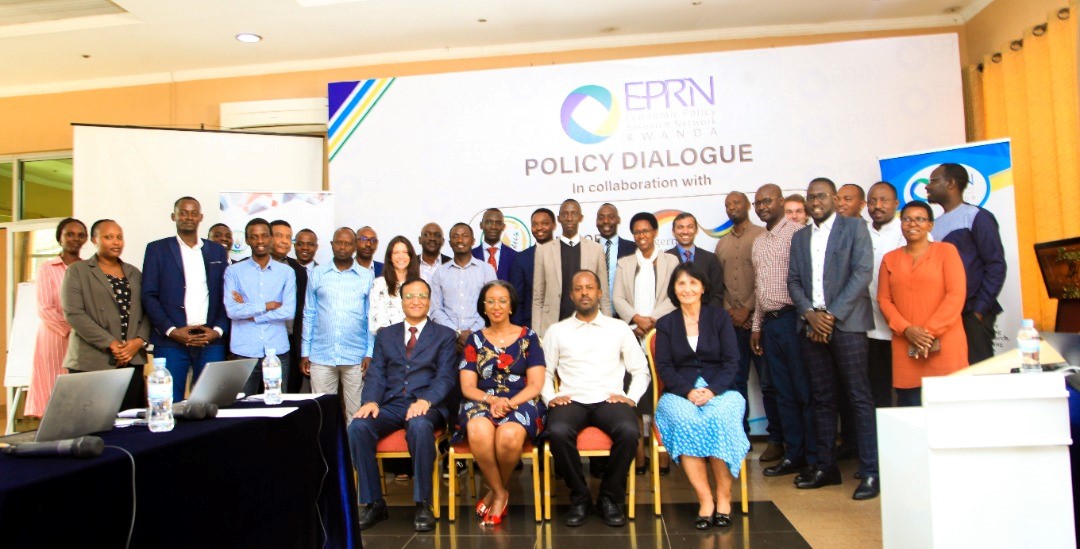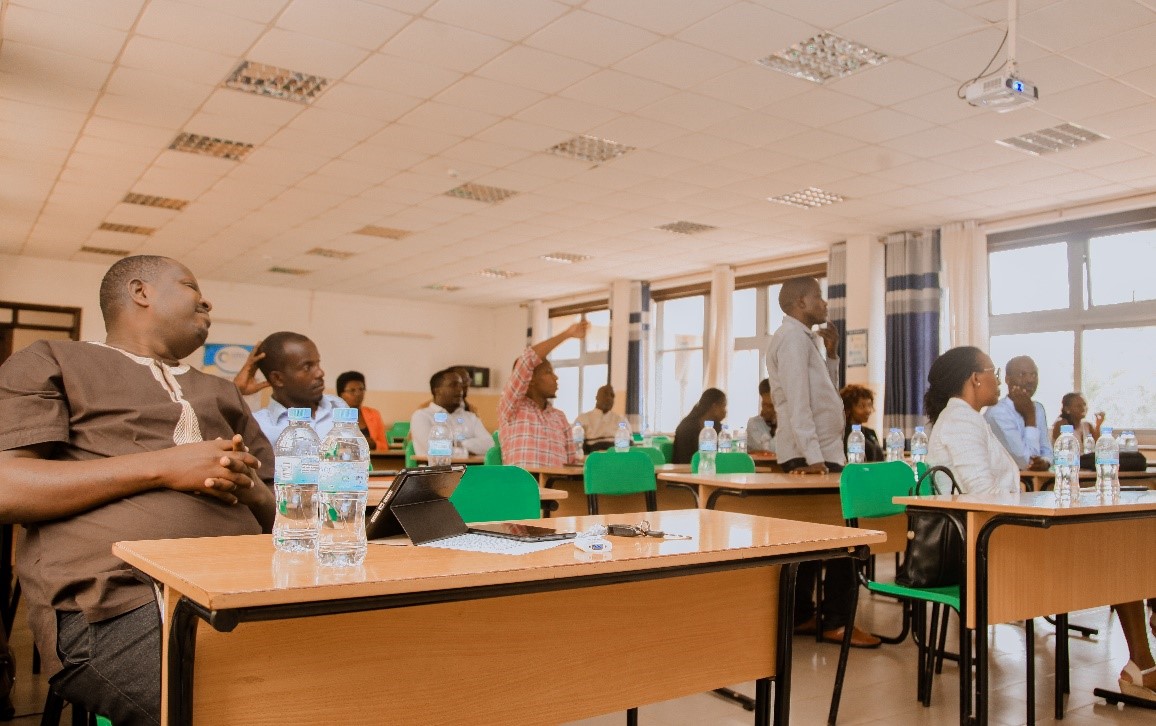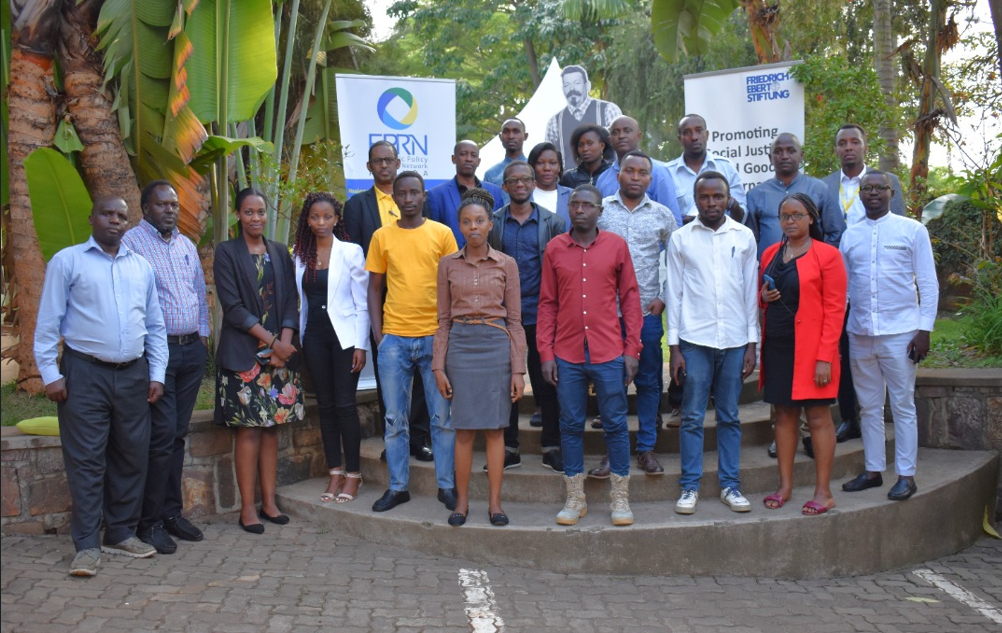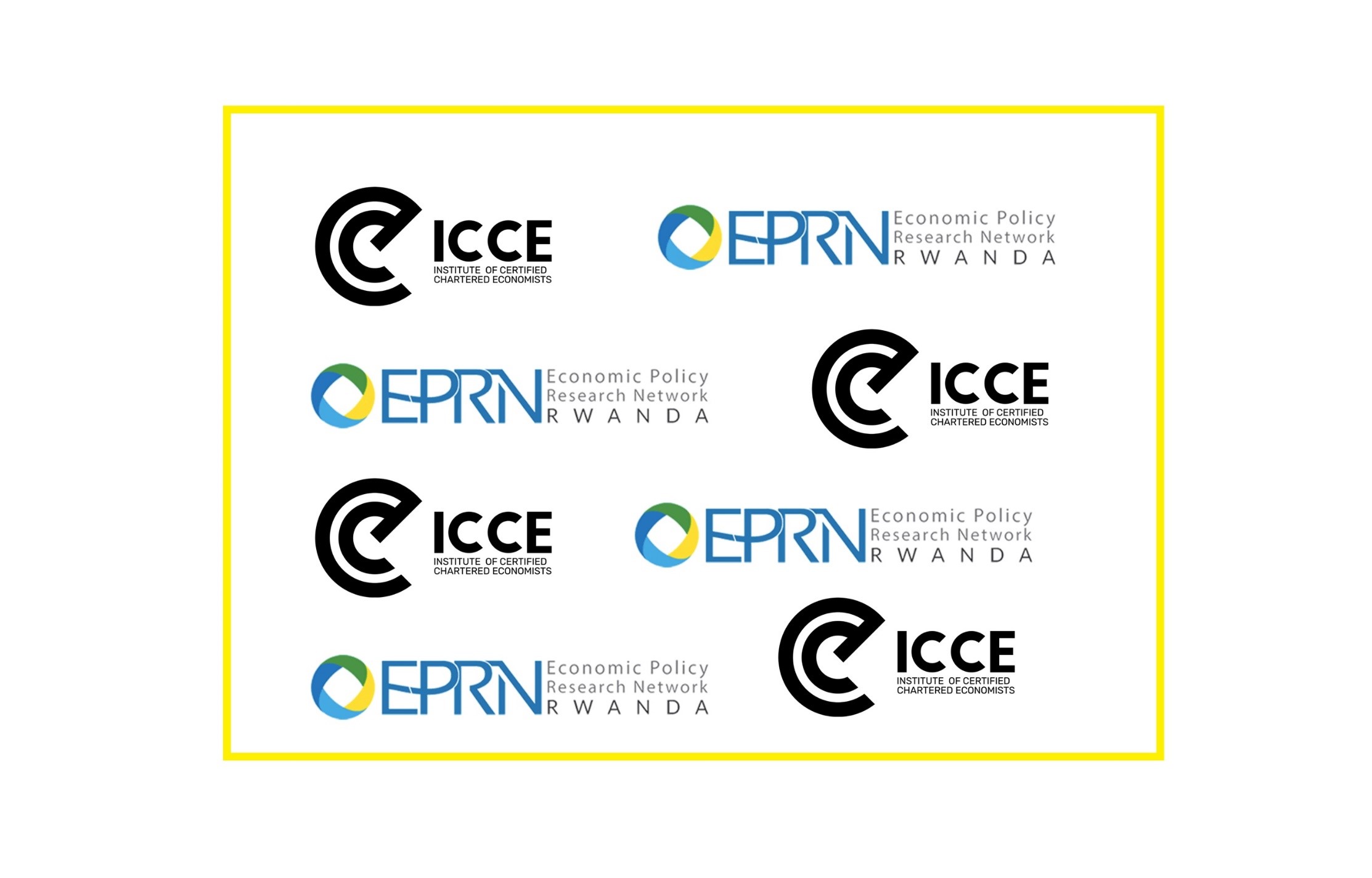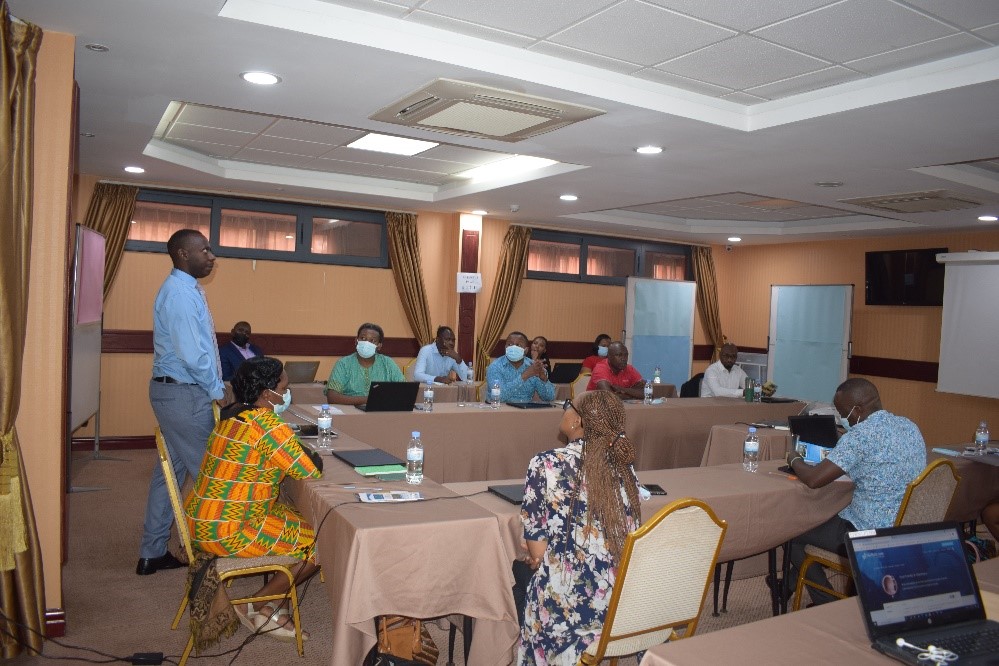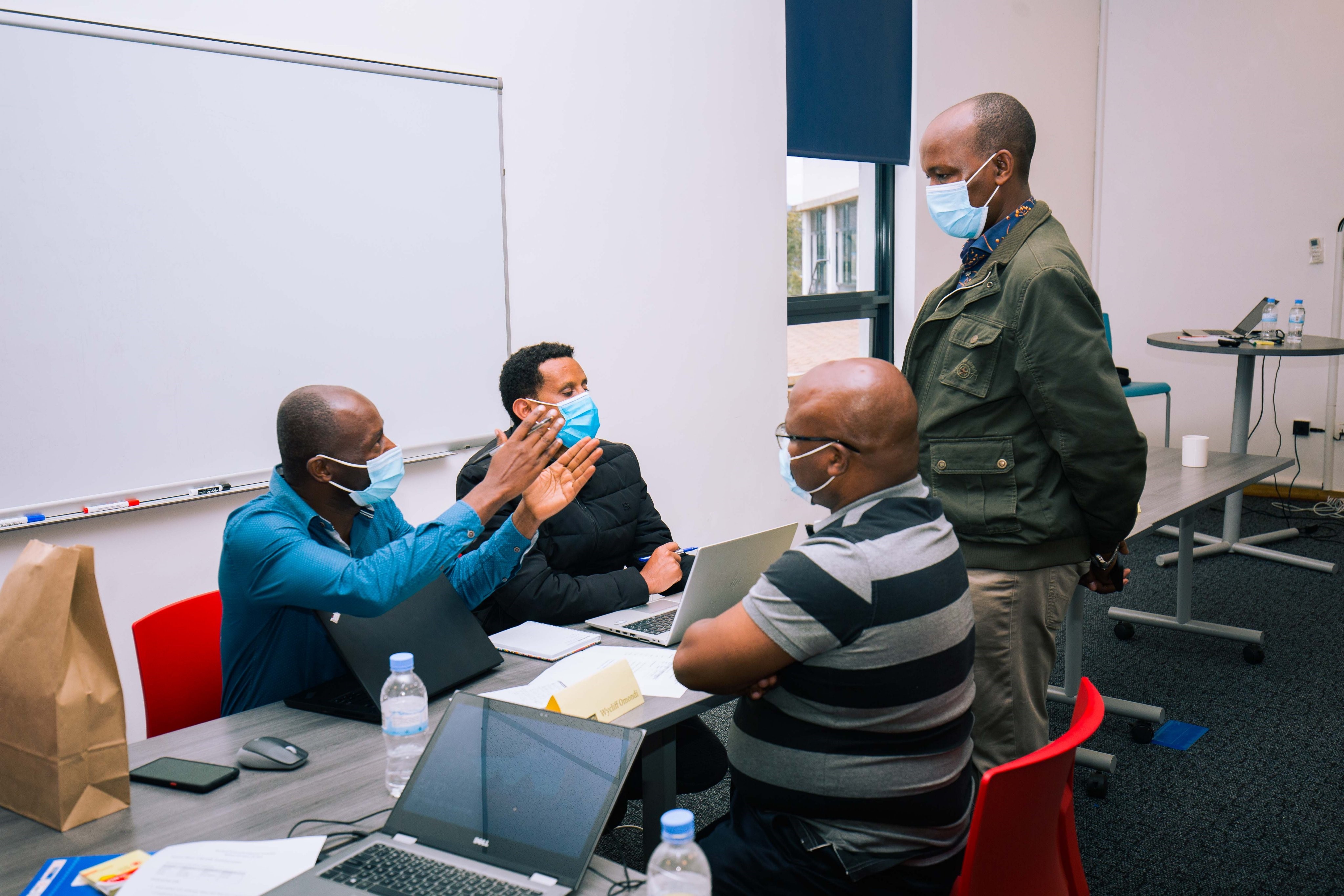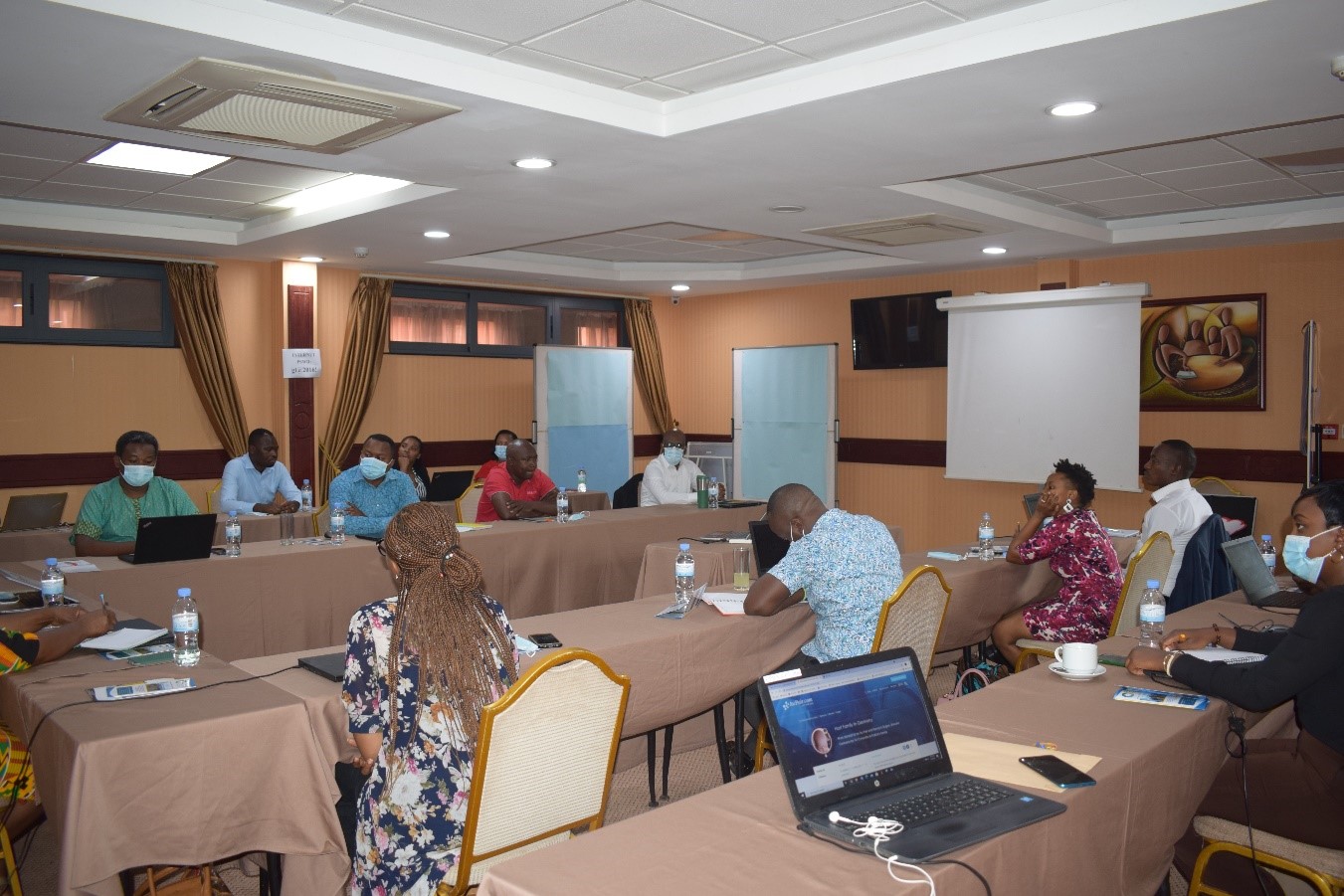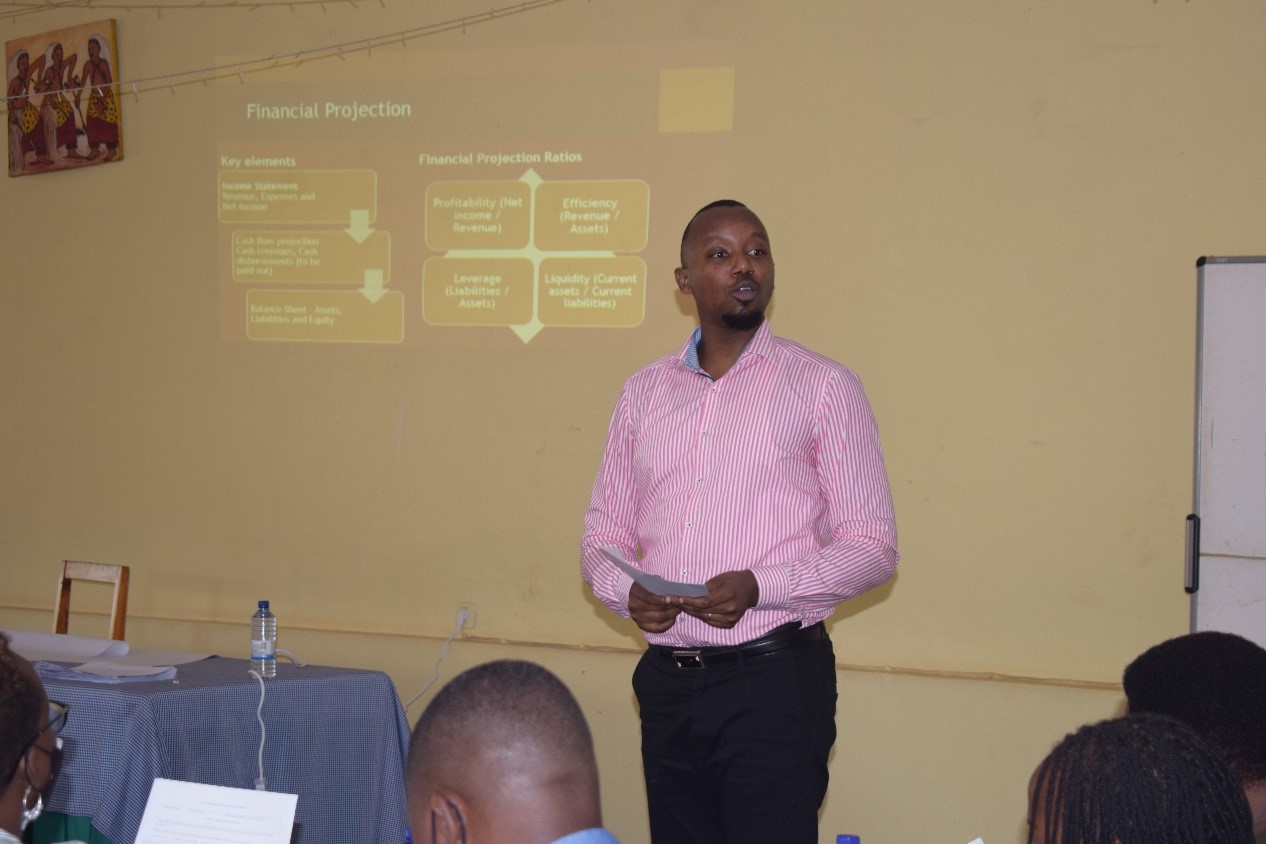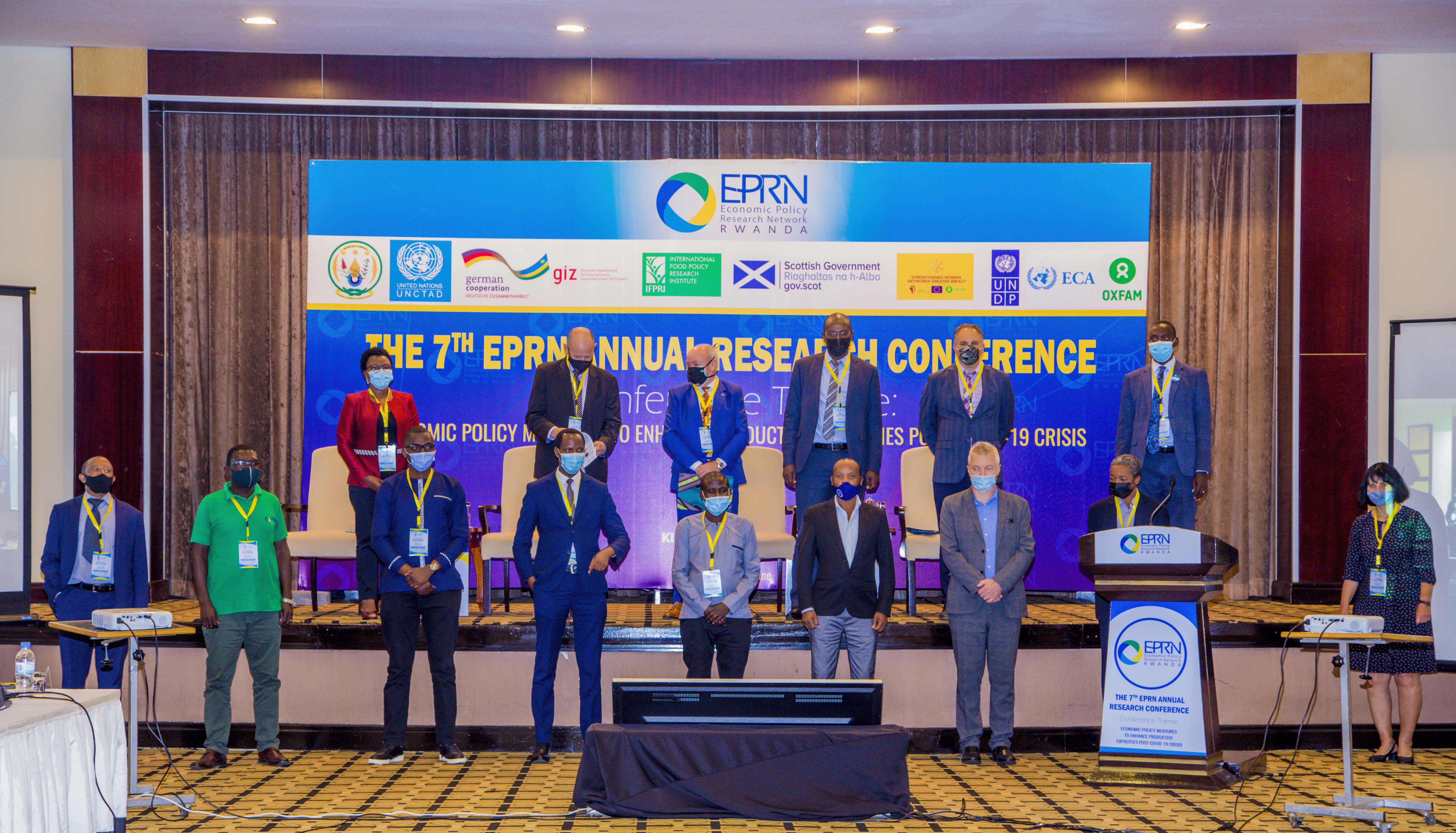Diagnosis of the Rulindo’s Food System with a specific focus on the rural-urban linkages with the City of Kigali
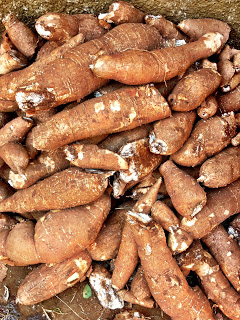
Population growth along with changing age distribution, urbanization, migration, and forced displacement have driven radical changes in food systems and diets in the past decades and will remain major drivers in the future. Further, urbanization is expected to put additional stress on food systems through increased consumption and demand for a greater diversity of foods. Thus, urban demand will increasingly dictate what foods are grown by producers in the rural and peri-urban areas and how these foods are traded, processed, distributed, and marketed.
FAO has launched the Urban Food Agenda Framework "Leveraging the actions of sub-national and local governments to ensure sustainable food systems and improved nutrition" as a corporate strategy that responds to the demands of a multisectoral, multilevel and multi-stakeholder approach to promote food security and nutrition across the rural-urban continuum. Through the Urban Food Agenda, FAO has recently begun to work on fostering prosperous small cities and towns : many small cities and town with an economy still based on agriculture will experience population growth even greater than most big cities over the next few decades Therefore, rural transformation, understood as the diversification of an economy based on the production of raw materials from agriculture and forestry, is recognized as a process that allows creating opportunities to create jobs, increase the availability and accessibility of food and ultimately improve food security and nutrition at the territorial level. In line with this, FAO has developed the project "Feeding Urbanization : Building Prosperous Small Cities and Towns" (FMM / GLO / 132 / MUL). The aim of the project is to contribute to the improvement of livelihoods in small cities and towns through sustainable food production, off-farm value-adding operations and services, and well-targeted market linkages. The project will be carried out in small cities and towns in Rwanda, Ecuador and Senegal.
In this context, FAO contracted EPRN to support the implementation of the expected results in the framework of the Project for Rwanda in the district of Rulindo. Specifically, EPRN is conducting a diagnosis of the Rulindo’s Food System with a specific focus on the rural-urban linkages with the city of Kigali.
EPRN is undertaking a thorough situational analysis of the biophysical and socio-economic components of the food system (including mapping food flows and value chain analysis) and mapping of the existing logistics infrastructure in the district. The compiled information has to be geo-referenced, whenever possible, in order to integrate a system for the spatial analysis of the urban food system. Necessary GIS maps will be generated as part for the final report.
This service will be carried out using the FAO’s Rapid Urban Food System Assessment Tool (RUFSAT) as a reference.





